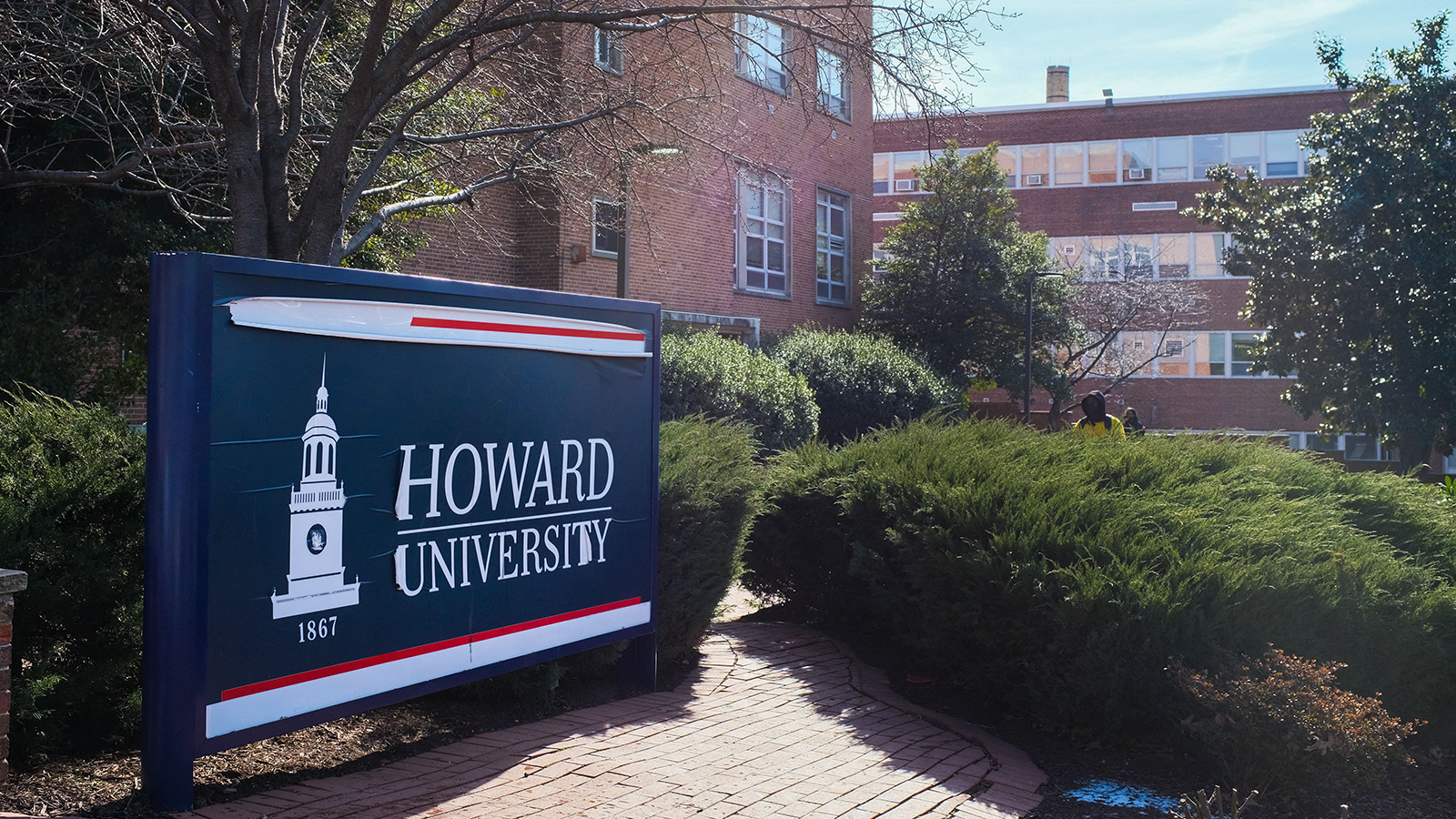Black newspapers were created to provide Black news angles to counteract the white-dominated news. Now, these keepsakes will be digitized into a significant collection of Black newspaper archives.
On Monday, Howard University received a $2 million grant to its Moorland-Spingarn Research Center. The research center will digitize its Black Press Archives of more than 2,000 newspapers from the United States, Africa, and the African diaspora.
Years ago, mainstream news excluded the voices of Black people. The angles in newspapers did not include how they felt about the events taking place during the civil rights era. Black experiences from protests, the racism they experienced, arrests, or how it affected their lives could not be found in daily print except in the Black media like The Black Press Archives.
The grant was awarded by the Jonathan Logan Family Foundation, which supports organizations that focus on social justice through investigative journalism and documentary film. The digitized Black Press Archives will be the most extensive collection of its kind globally.
The Pulitzer Prize-winning journalist Nikole Hannah-Jones, founder of the Center for Journalism and Democracy at Howard, believes preserving this history is critical to saving to share with others.
"We were only getting a very one-sided version of our history," Hannah-Jones said. "Newspapers cataloged the day-to-day in our society to help us understand the politics of our society, the culture of our society. The fuller version of all that can be found within the Black archives at Howard."
"So, it's extremely exciting that this money is going to help preserve this precious archive, but also make it accessible to millions of people across the world," she continued. "When we think about how white newspapers have shared our collective understanding of the world, that is a very narrow view of what was happening."
"And so having access to how Black newspapers covered colonialism, for instance, or how Black newspapers covered apartheid, or the Black freedom struggle in America … that just gives us a fuller picture, gives us a greater understanding," she noted.
The archives date back to the 1970s and contain over 2,000 newspaper titles from the U.S. and worldwide.
"Most of the collection has been inaccessible to the public, with only a small percentage of materials microfilmed and the physical copies fragile," Benjamin Talton said, director of Howard's Moorland-Spingarn Research Center. "Once digitized, Howard's Black Press Archive will be the largest, most diverse, and the world's most accessible Black newspaper database."
